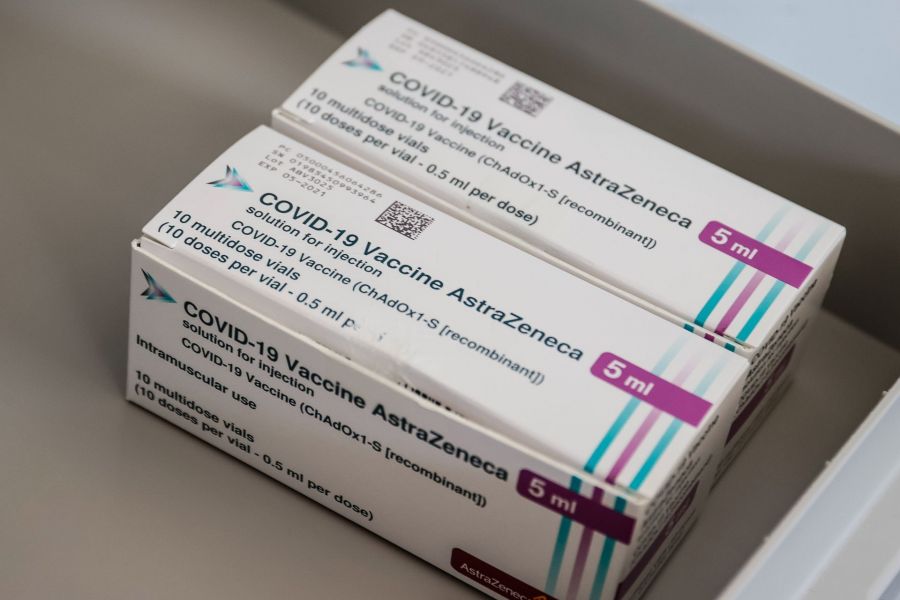The World Health Organisation continues to recommend "for the time being" vaccination with AstraZeneca's Covid vaccine while waiting for its experts to complete their assessment.
The vaccine - the use of which has been suspended by several countries - has made headlines across the world in recent days, and has been a major topic of discussion in Belgium which continues to use it.
"For the time being, WHO believes that the risk/benefit balance favours the AstraZeneca vaccine and recommends that vaccinations continue," the WHO said in a statement, adding that it is awaiting the opinion of experts on the data concerning the health problems encountered by some people vaccinated with this product.
Related News
- Belgium's decision to continue AstraZeneca vaccinations, explained
- Blood clots: What are they and why are they a problem?
So What's Going On With Belgium?
Many countries including Belgium’s neighbours France, the Netherlands and Germany chose to suspend the use of the AstraZeneca vaccines after reports of people experiencing blood clots.
Belgium, however, decided to continue using the vaccine in its vaccination campaign. “It would be irresponsible to suspend vaccinations with the AstraZeneca vaccine right now,” Federal health minister Frank Vandenbroucke said.
In doing so, Belgium is following the advice of the European Medicines Agency (EMA), which has said that the benefits of the vaccine still outweigh the risks.
Other institutions and people, including the University of Oxford (which developed the vaccine together with AstraZeneca), British Prime Minister Boris Johnson, and inter-federal Covid-19 spokesperson Yves Van Laethem, have spoken out underlining the vaccine’s safety.
However, EMA underlined during a press conference that it still sees no reason to suspend use of the vaccine, though they will issue a new opinion on Thursday.
AstraZeneca’s vaccine is one of four currently authorised for use in the EU, the others being those developed by Pfizer / BioNTech, Moderna and Janssen. Three more, including Russia’s Sputnik-V vaccine, are currently under rolling review.
Belgium’s reported blood-clot related conditions following injection with AstraZeneca’s coronavirus vaccine is currently no higher than would be expected, according to the Federal Agency for Medicines and Health Products (FAMHP) announced on Tuesday.
According to the agency, several thousand people in the EU develop blood clots for various reasons each year, meaning “the incidence of thromboembolic events in vaccinated people does not appear to be generally higher than in the general population,” it added.
“These cases have been reported recently, after concerns were raised in various EU countries, although they occurred before the recent media coverage,” the FAMHP said, calling on people who think they may have an adverse reaction to vaccination to report it online.
Jules Johnston & Jason Spinks
The Brussels Times

